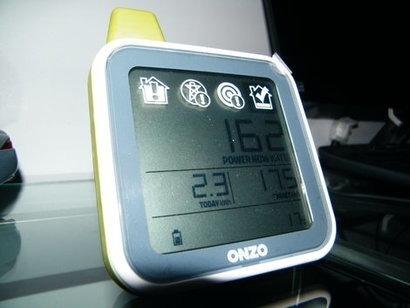
Companies are mostly driven by cost control, the report finds. That in turn means that they are mostly only scratching the surface rather tapping into their full potential. The findings have emerged from an international survey conducted by the certification body DNV GL Business Assurance and research institute GFK Eurisko. The survey sampled more than 1,577 professionals from businesses in different sectors throughout Europe, the Americas and Asia.
Energy efficiency is a key topic at personal, societal and business level. Of the companies surveyed, 57 percent have an energy efficiency strategy while 55 percent set measurable goals. These percentages increase by ten points for businesses belonging to energy intensive sectors. However, energy efficiency remains a generic ambition, with goals mainly set at company level. Very few companies set concrete targets on activities, even among energy intensive firms.
“The majority of companies are unfortunately not taking a holistic approach” saidLuca Crisciotti, CEO of DNV GL Business Assurance. “We see that energy efficiency is not being applied at all organisational levels in businesses. Organisations are also mainly focusing on reducing costs and consumption – which is good of course - but they lack a well-rounded approach that would enable them to tap the full potential of energy management. Establishing an energy management system would help them to define a strategy and to translate it into action. Facing energy efficiency issues at operational level only is not enough.”
67 percent of the companies surveyed invested in energy efficiency initiatives during the last three years. 46 percent stated they invested in energy efficiency measures in order to obtain more efficient tools or to reduce energy consumption and costs. Although companies are making concrete efforts in order to optimise energy management, most lack a long-term view. Only 26 percent have an energy management plan while more sophisticated initiatives, such as staff training, employing energy managers or performing audits and assessments, only play a minor role.
The report finds that economic restraints are the main obstacles preventing companies from making more progress. At the top of the list are other priorities (63 percent), expensive implementation (33 percent), lack of returns (25 percent) and focus on short-term results (24 percent).
A systematic approach would help firms to make the right decisions and get a proper return on their investments. Companies are already expected to increase their commitment to energy efficiency by taking a more mature approach. Activities related to cost and consumption reduction will remain the most common actions, but there will also be significant increases in more strategic actions like staff training, identification of energy savings potentials and preparation of energy management plans
For additional information:

